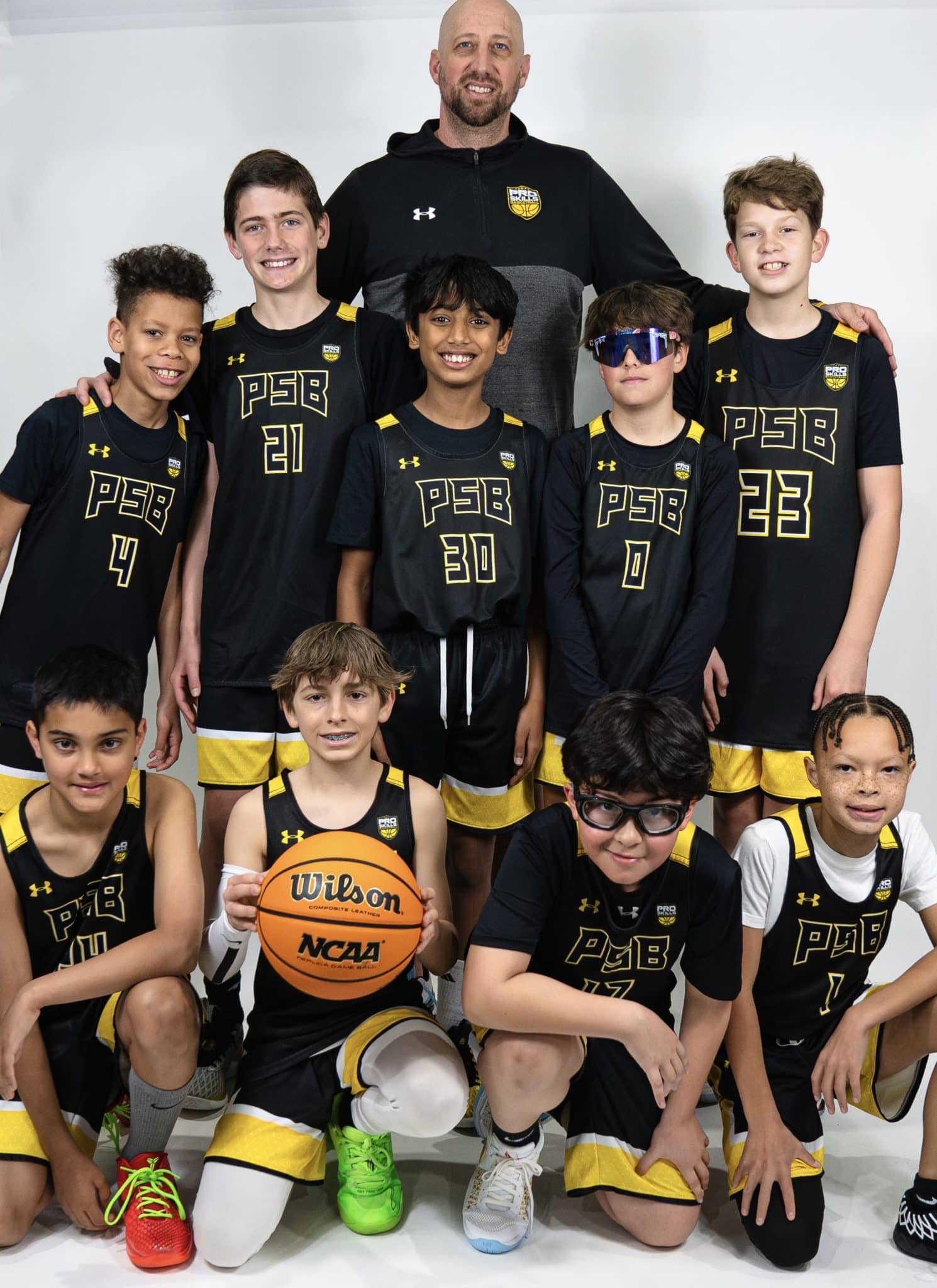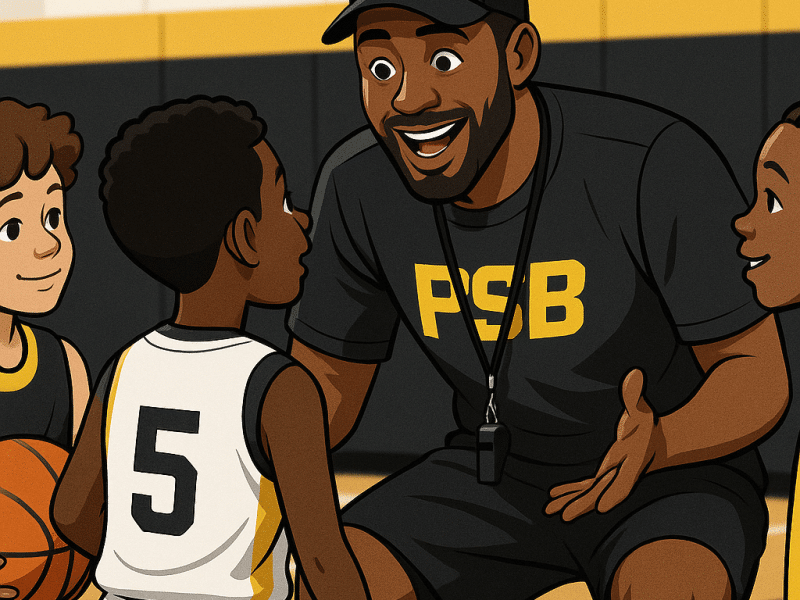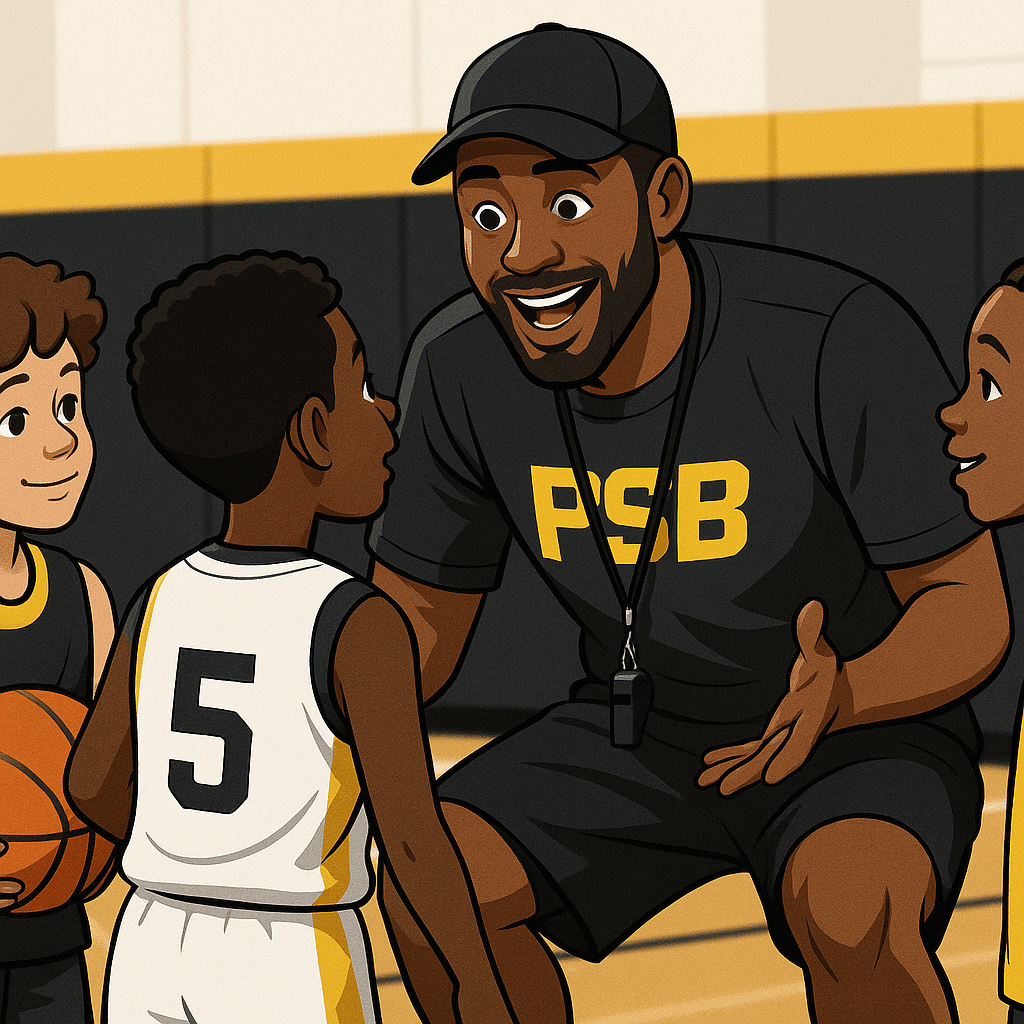
6 Tips to Motivate & Connect with Young Players
Coaching a youth basketball team is more than X’s and O’s—it’s about building relationships, fostering growth, and inspiring lifelong confidence. At Pro Skills Basketball, our club teams and basketball academies emphasize real player development through positive coaching culture, growth mindset strategies, and strong player-coach connections. Here are six proven tips to elevate your youth basketball coaching and motivate your athletes on and off the court.
Tip #1: Be Curious to Build Player-Coach Connection
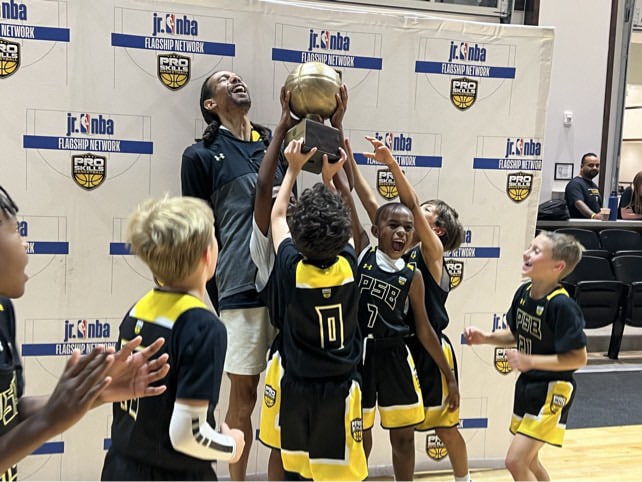
Curiosity is the foundation of any strong relationship. Start your season by learning each player’s story:
- Ask open-ended questions: What’s your favorite part of the game? Why do you love basketball? Where do you play outside of our academy?
- Observe body language: Notice who’s confident, who’s hesitant, and adapt your coaching style to each athlete.
- Use names and nicknames: Personalized communication shows you value them as people, not just players.
By prioritizing player-coach connection from day one, you’ll create a culture of trust where athletes feel safe to learn, make mistakes, and push their limits. For more on our Player Development approach, check out our Basketball Academy page.
Tip #2: Hold Players Accountable with Positive Discipline
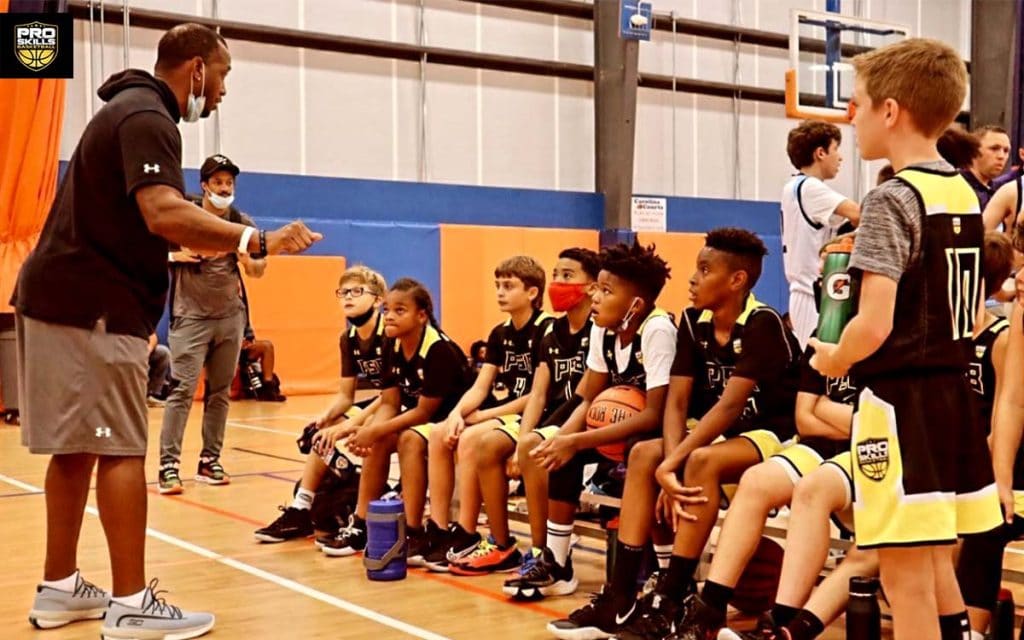
Accountability signifies caring. When young athletes understand expectations and experience consistent, calm guidance, they know you’re invested in their success. Follow these steps:
- Set clear team guidelines: Post age-appropriate rules for practice and games.
- Implement assertive discipline: Use coach Brad Stevens–inspired calm and firm communication rather than yelling.
- Teach through correction: Frame mistakes as learning opportunities, not failures.
This structured, yet supportive, approach to discipline aligns with best practices in child psychology and helps maintain a positive coaching culture throughout our PSB programs.
Tip #3: Develop a Growth Mindset for Lasting Player Development
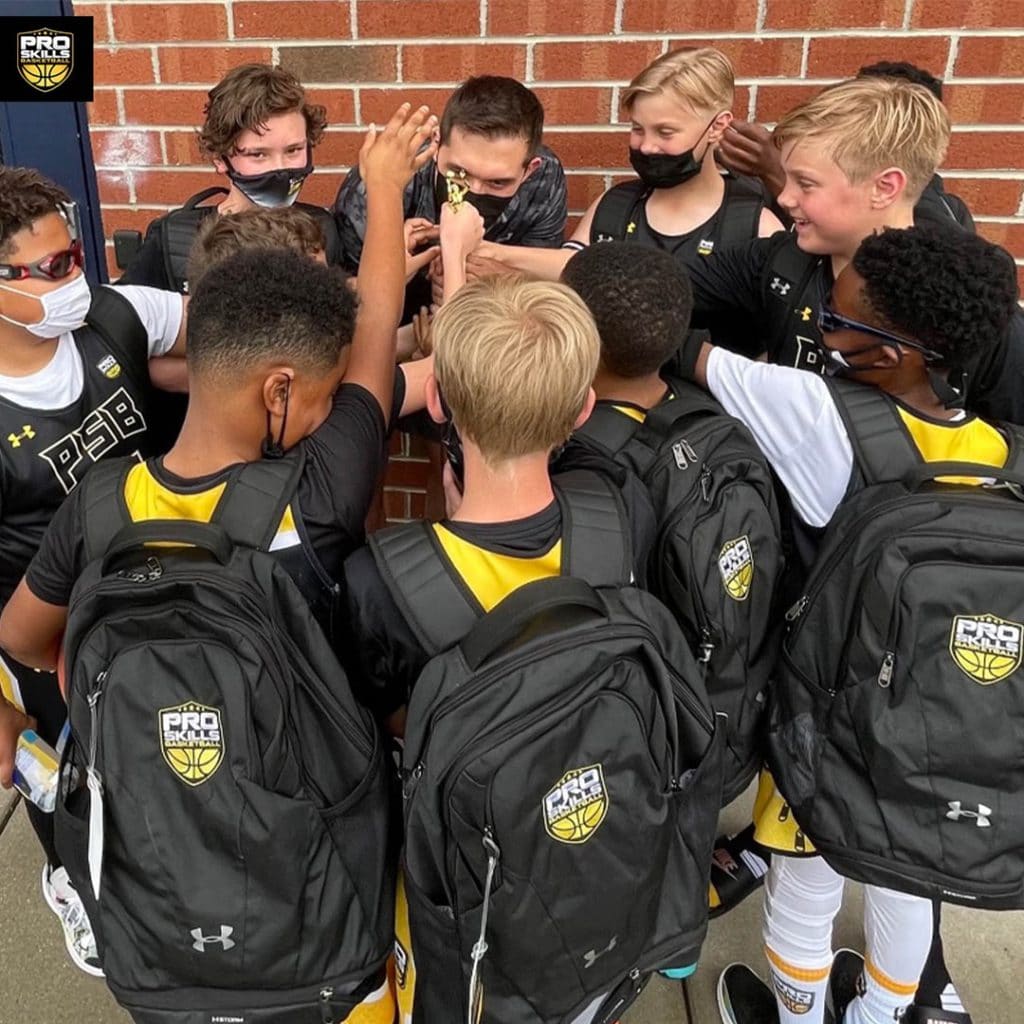
Research by Dr. Carol Dweck shows that praising effort over innate talent fosters resilience and a love of learning. To cultivate a growth mindset basketball culture:
- Praise the process: “Great hustle on that rebound!” instead of “You’re so talented.”
- Highlight improvements: Acknowledge small gains—better spacing, stronger defense, or sharper passes.
- Encourage challenges: Rotate positions so players tackle new skills outside their comfort zone.
In our Club Teams, we integrate growth mindset language into every practice and game, helping athletes believe they can improve through dedication.
Tip #4: Be Organized, Prepared, and Enthusiastic Every Session
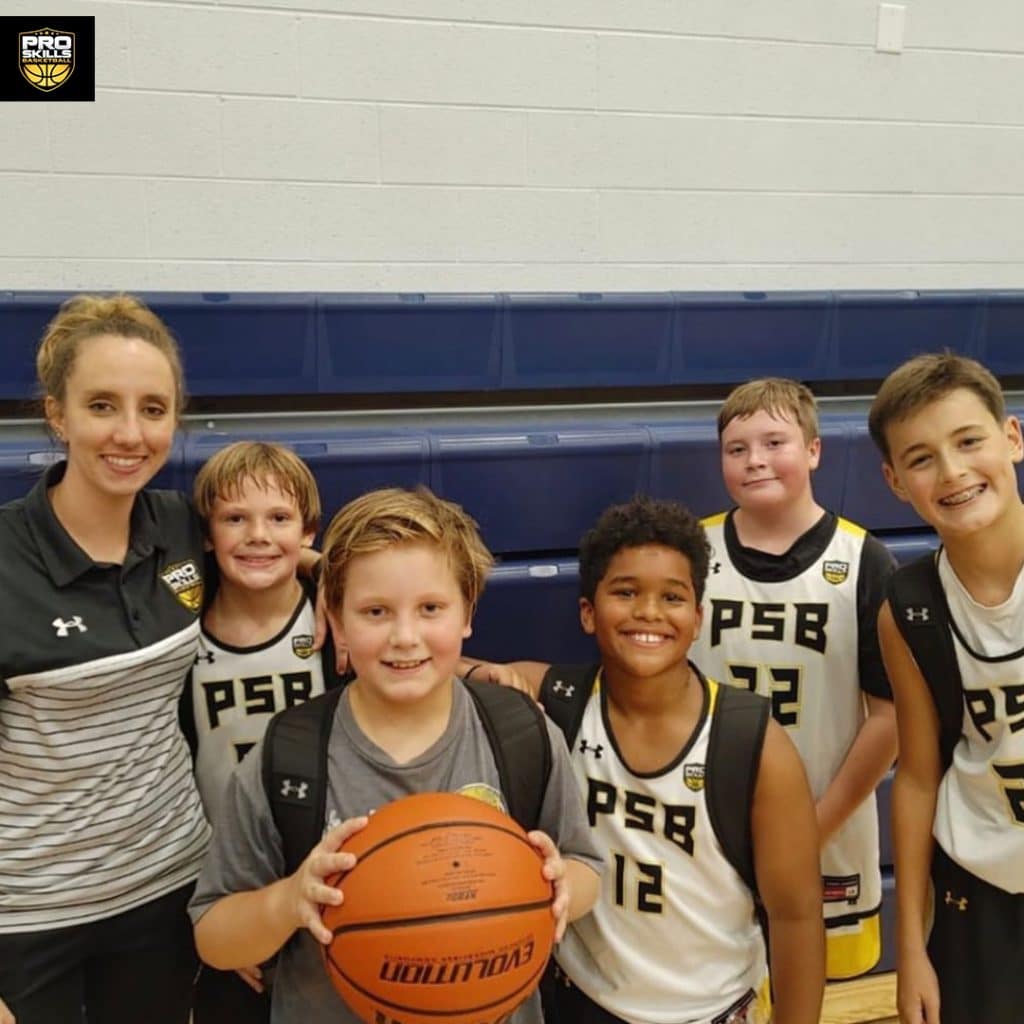
Nothing kills energy like a coach who seems distracted or unprepared. Demonstrate your commitment by:
- Planning drills and practice flows: Warm-up, skill stations, scrimmages—outline each segment.
- Arriving early: Set up cones, basketballs, and any visuals before players arrive.
- Modeling enthusiasm: Your positive energy is contagious—use upbeat music, dynamic demonstrations, and encouraging tone.
An organized coach sends the message that every practice matters. At PSB, our Clinics and Camps exemplify this level of professionalism and excitement.
Tip #5: Celebrate Successes Big and Small
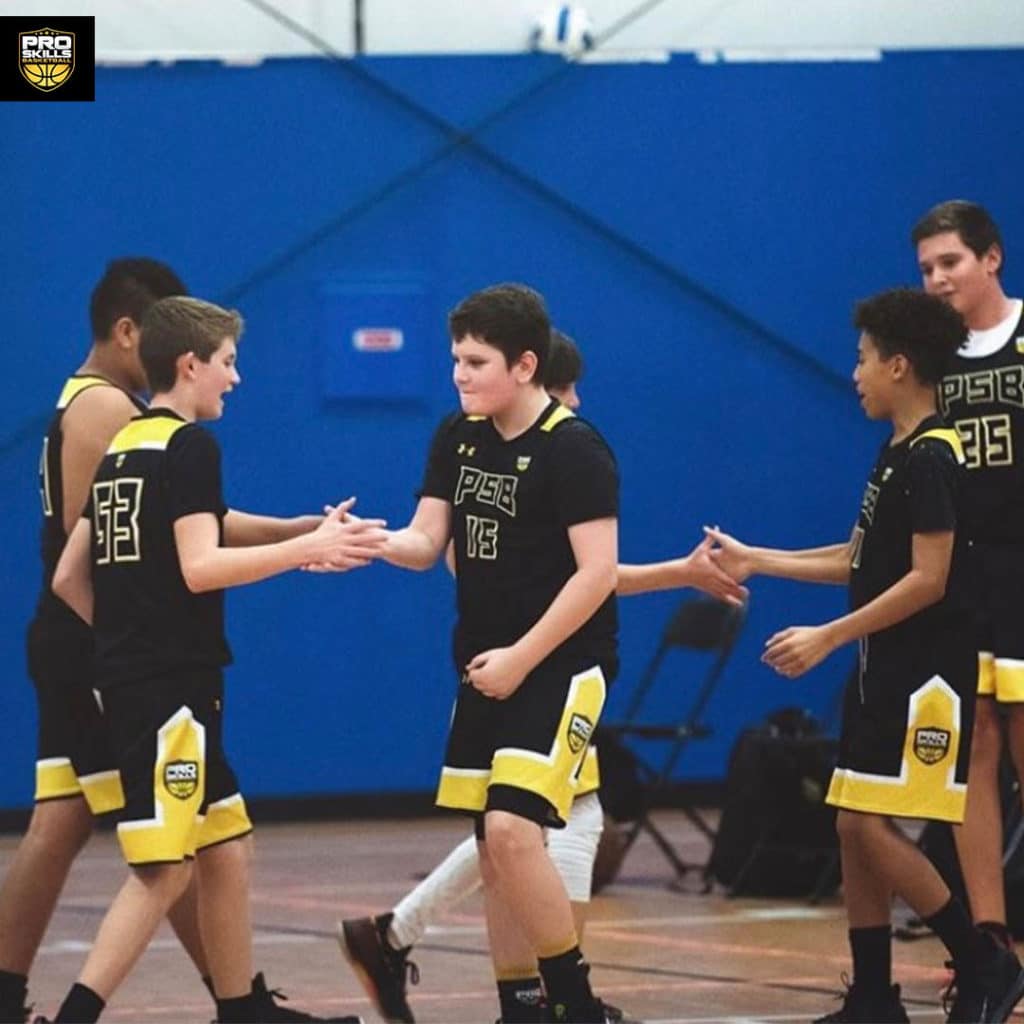
Young athletes thrive on recognition. To maintain motivation:
- Spotlight small wins: Praise a player who nailed a drill or showed hustle in transition.
- Use enthusiastic feedback: Match the intensity you’d use for correction with even greater passion for praise.
- Create team rituals: High-fives, post-practice shout-outs, or “Player of the Day” awards reinforce positive behavior.
One simple timeout to highlight a perfect pass can energize your entire team. These moments of celebration build confidence and reinforce the behaviors you want to see.
Tip #6: Cultivate Inclusion—Make Every Player Feel Essential
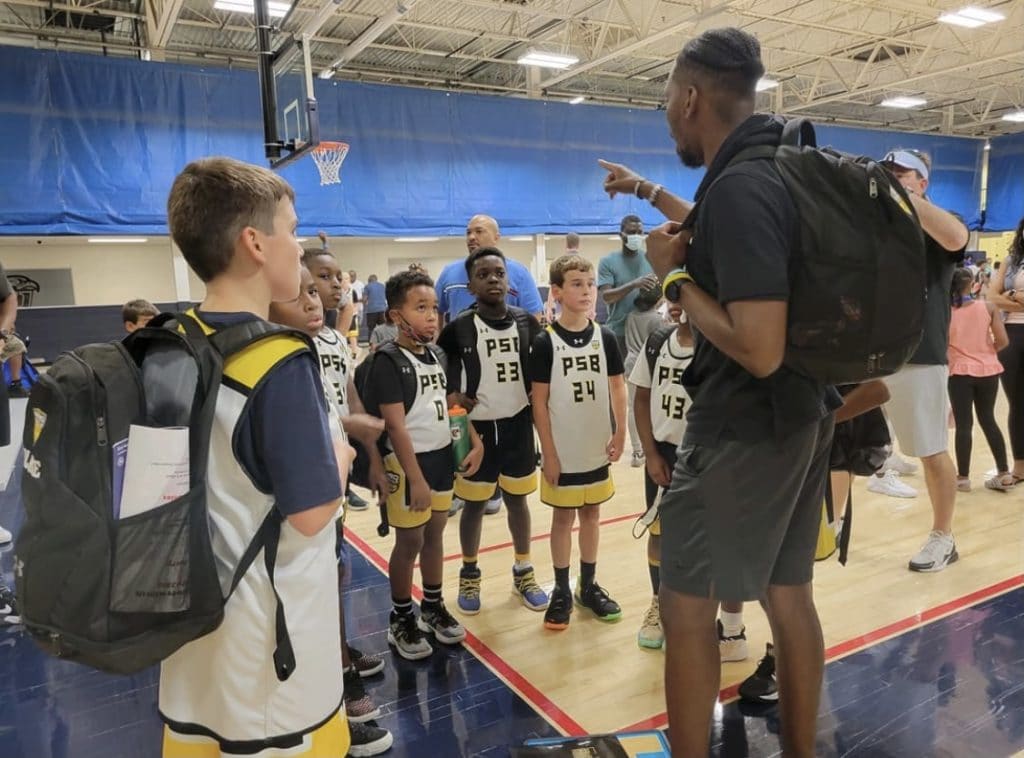
Inclusion drives team cohesion. Whether it’s your star shooter or your role player, every athlete should know their value:
- Rotate roles: Give each player opportunities in different positions during practice scrimmages.
- Hold one-on-one check-ins: Brief individual chats show that you care about each athlete’s experience.
- Use group discussions: Let players share what they enjoy about supporting each other, reinforcing a team-first mindset.
Ready to take the next step in your child’s basketball journey?
Pro Skills Basketball offers Club Teams, Camps, Clinics, and Academies in 25+ cities across the U.S. 👉 Find your city and sign up today to join a program focused on real development, experienced coaches, and a culture that puts players first.
📩 Contact us at admin@proskillsbasketball.com 📞 Call us at 866-996-3888

